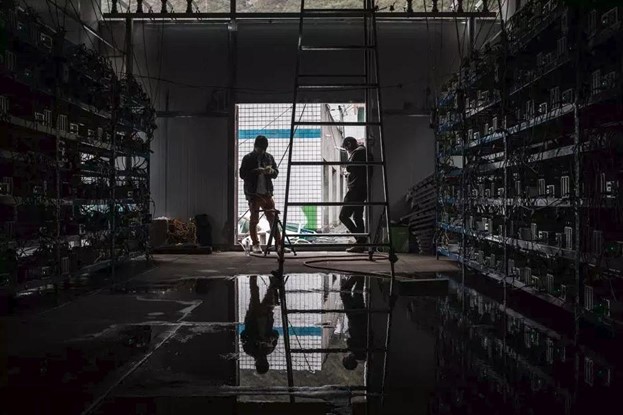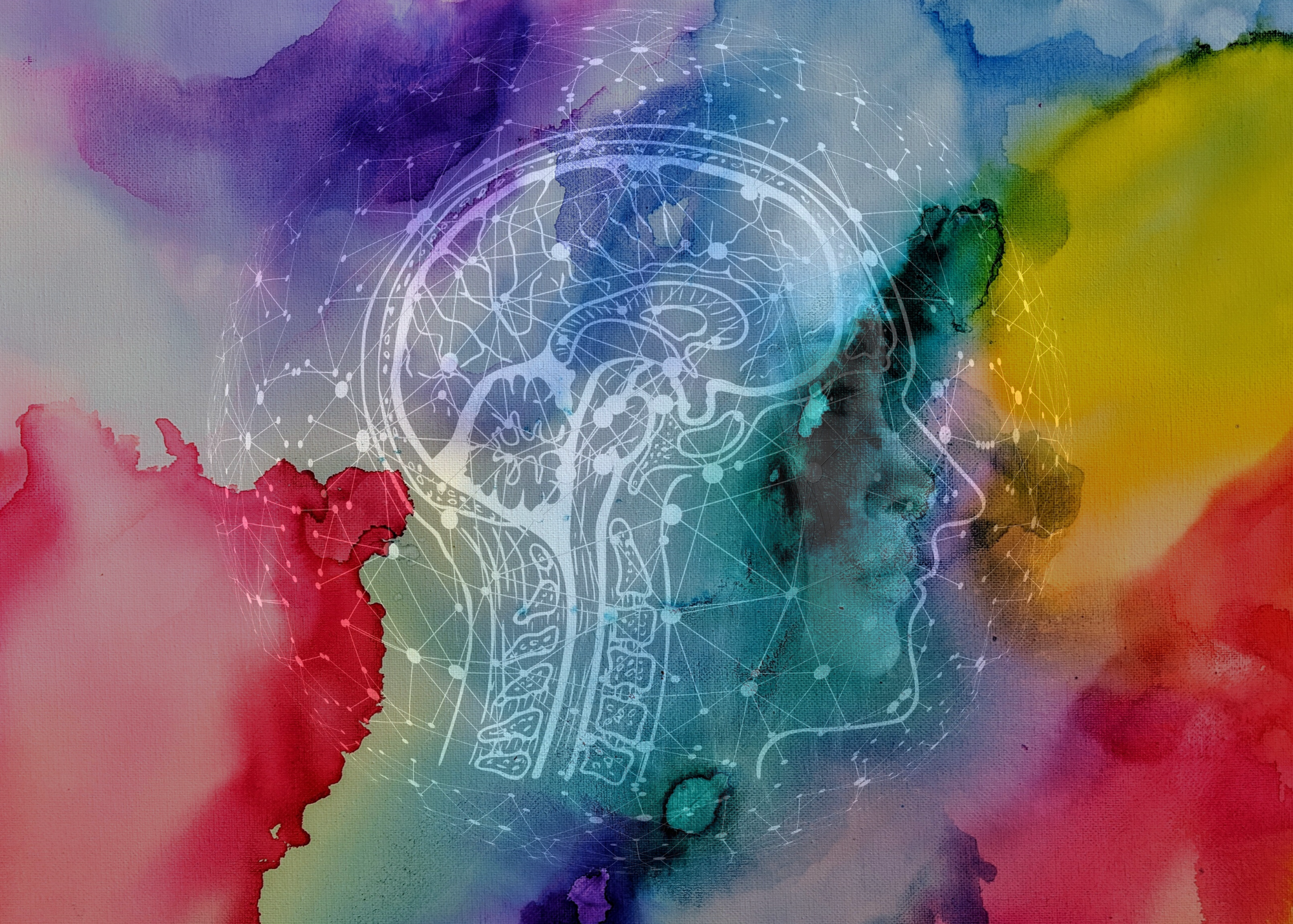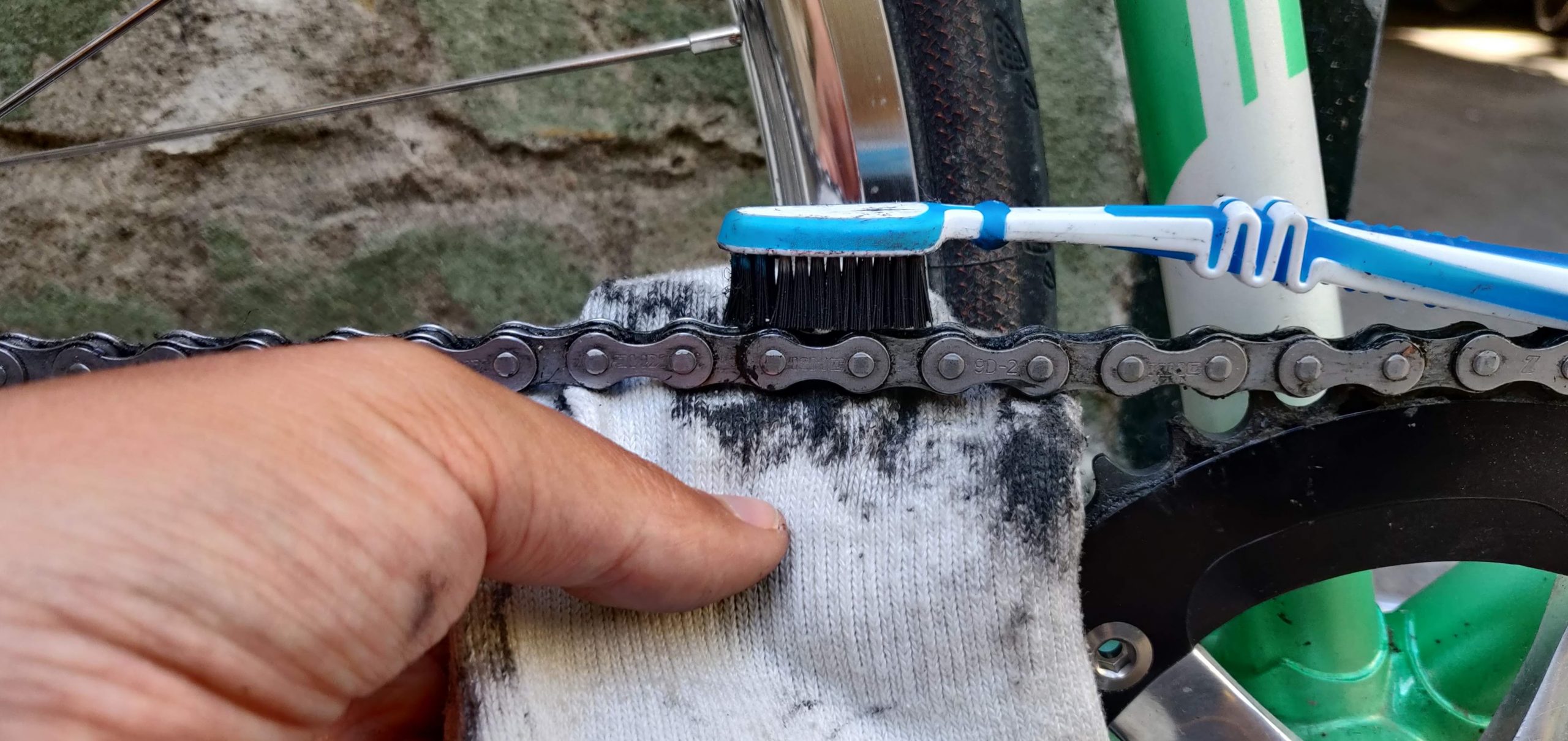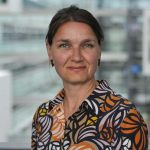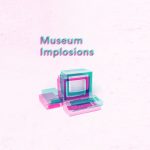Based at the IT University of Copenhagen, the section of Technologies in Practice conducts qualitative studies of technologically mediated practices in organisations and everyday life.
The vast majority of societal challenges demand critical engagement with contemporary technologies.
Our interdisciplinary environment provides students and researchers with the resources necessary for analysing entanglements of the social and technical with and through IT.
News
‘We need to discuss digital citizen rights now’ – Brit Ross Winthereik in Weekendavisen
‘Det risikoscorede menneske’ “If we do not discuss ‘digital citizen rights’ now, we are risking a systematic discrimination based on data and processes that we cannot understand and for which no one can be held accountable for.” In last Friday’s Weekendavisen, Professor in TiP and Head of the Center for Digital Welfare Brit Ross Winthereik discusses […]
New TiP Essay Collection published: Museum Implosions
Museum Implosions is a collection of 17 essays by members of the Technologies in Practice group at the IT University of Copenhagen. The implosion, a method for generating critical enquiry, draws on Dumit’s instruction to continue in the pedagogical spirit of Donna Haraway’s scholarship. Based on a research trip to the Danish Technical Museum, the […]
 TiP on Mastodon
TiP on Mastodon
- UntitledSuper proud of TiP member Irina Papazu for winning the Freeman Award, with co-editor Andreas Birkbak for the book "Democratic Situations". The prize will be awarded at the #EASST4S24 conference - for mroe see here https://tip.itu.dk/2024/07/04/democratic-situations-wins-the-freeman-award/
- UntitledWondering what to go and see at 4S/EASST this year? Take a look at the TiP Panels and presentations - quick summary here. https://tip.itu.dk/2024/07/04/4s-easst-making-and-doing-transformations/ #EASST4S24
Research
We are an interdisciplinary group, with a shared interest in qualitative studies of technologically mediated practices. Our work is funded by the Danish Research Council, European Union's Horizon 2020 program, Carlsberg Foundation, Innovation Foundation, Novo Nordisk and the Velux Foundation.
Teaching
We closely integrate our role as educators with our work as a research group. Our international faculty use insights from around the world in their teaching. Our teaching draws on disciplinary backgrounds such as information studies, history, anthropology, sociology, and critical computer science. We aim to help students address the critical questions arising at the intersection of society and technology.
